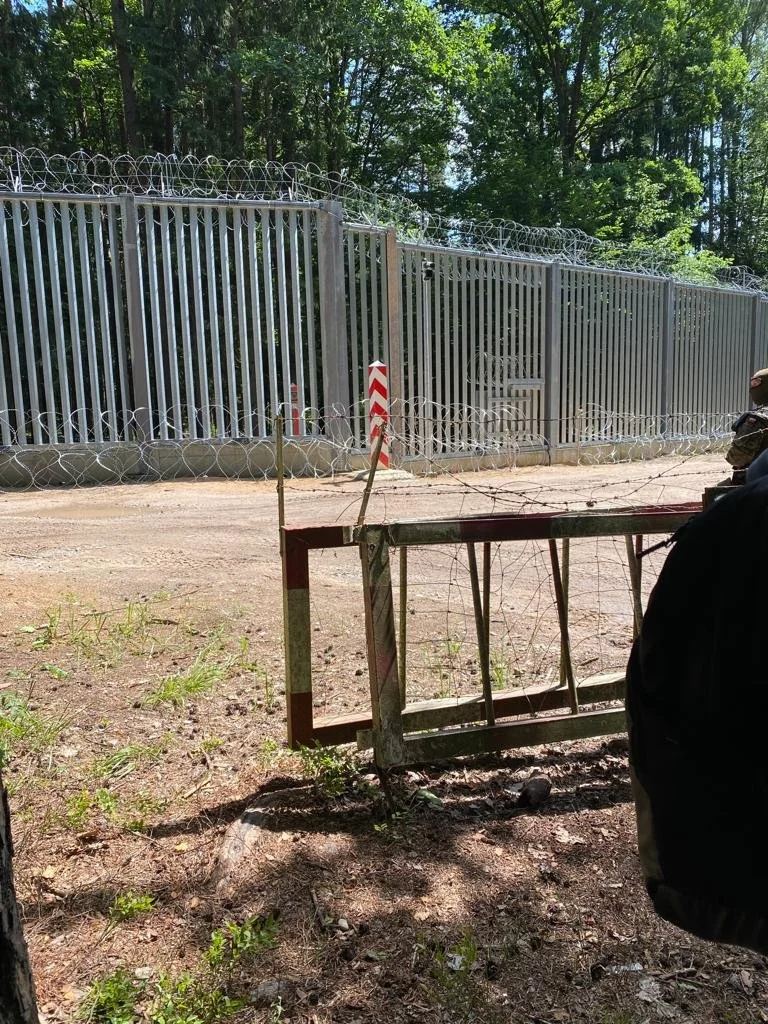The Poland/Belarus Border
In 2021, authorities reported that over 40,000 people, mainly from Syria, Iraq and Afghanistan, attempted to cross into Poland over the border from Belarus. Since then, the number of those crossing has remained high, with over 30,000 refugees crossing in 2023. These individuals are not fleeing from Ukraine and so do not have access to protection under the Temporary Protection Directive.
ELIL provides high-quality legal information and assistance to refugees who have crossed the Poland-Belarus border, many of whom have been placed in detention. A legal team consisting of expert asylum lawyers and interpreters offers one-on-one consultations to support refugees who have crossed the border, help them access the asylum procedure, prevent them from being pushed back, help them understand their rights and provide expert legal assistance in relation to asylum applications and family reunification. ELIL’s team places a particular focus on assisting vulnerable groups, including unaccompanied children in detention.
The Ukraine Pro Bono Collaborative
Since February 2022, millions of refugees have fled the Russian invasion of Ukraine across the country’s European borders. The vast majority made their way to Poland, where 1.4 million people are currently registered for temporary protection. With hundreds of refugees still fleeing the conflict each day, there is an urgent, unmet need for basic legal information and specialised support for individuals with more complicated legal situations.
In August 2022, ELIL launched a new project in Warsaw. The purpose of the project is to provide high-quality legal information and assistance to refugees arriving from Ukraine in order to help them obtain temporary protection, answer their legal queries and navigate the legal procedures in Poland.
Pro Bono Lawyers provide free legal support to refugees from Ukraine in five locations across the city and through a nationwide hotline. They receive refugees seeking legal support and provide initial legal information, assistance and advice on a variety of topics relating to temporary protection and Polish law (such as rights of refugees, guardianship, legalisation of documents, etc). More complex cases are referred to specialist lawyers.
The project is run in cooperation with five international law firms with offices in Poland (Dentons, Schoenherr, A&O Shearman, Norton Rose Fulbright, and Taylor Wessing, with lawyers from Rödl & Partner and Addleshaw Goddard regularly assisting).
4
65+
9000+
Filip Czernicki - ELIL Poland’s Legal Coordinator - on Dentons NGO day 2022 in Warsaw.






